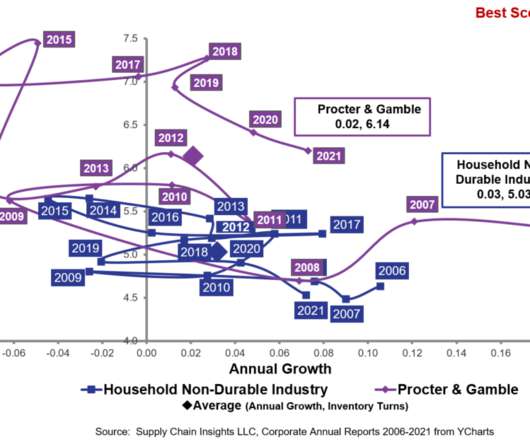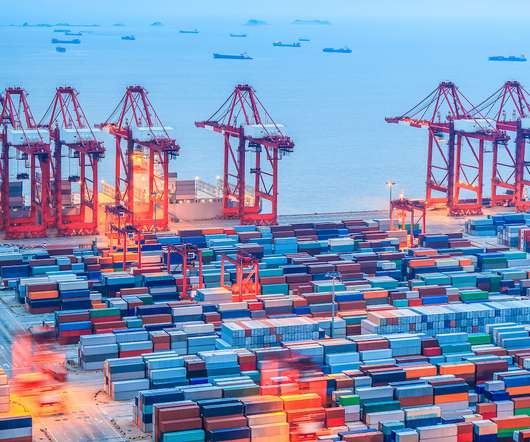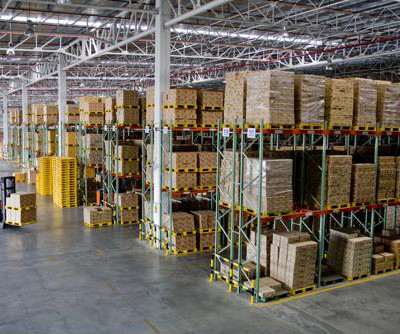What the Coronavirus Pandemic Means for Global Supply Chains
Shipchain
MARCH 17, 2020
The activity of Chinese manufacturing plants has fallen in the past month and is expected to remain depressed for months.” . Although initially compared to the SARS outbreak, Coronavirus seems to be hitting much harder and much more quickly than the 2003 epidemic. And according to AXIOS , U.S.
































Let's personalize your content